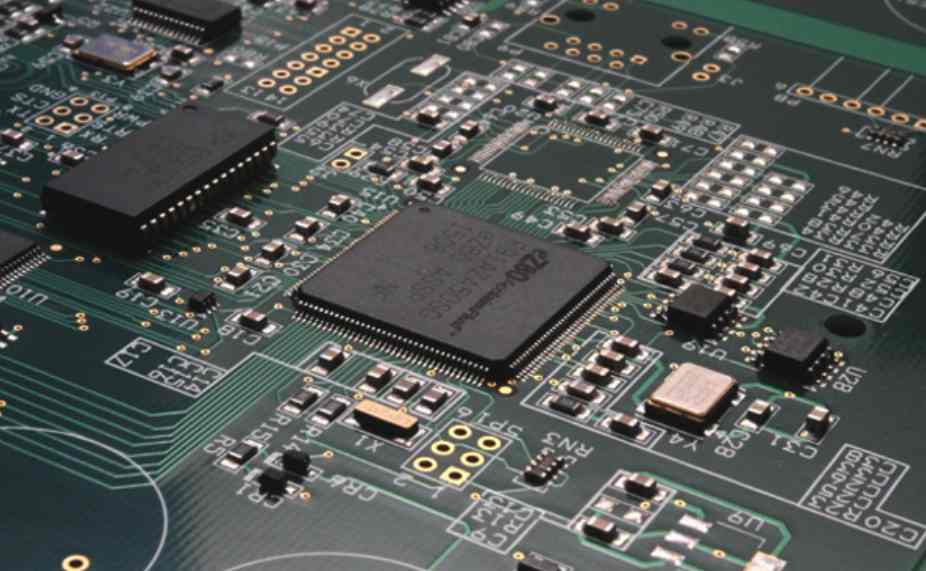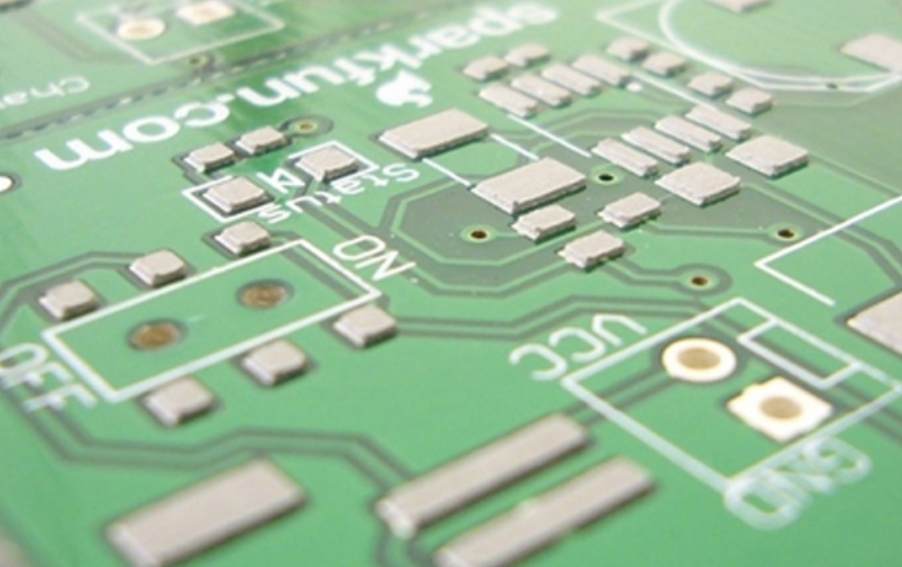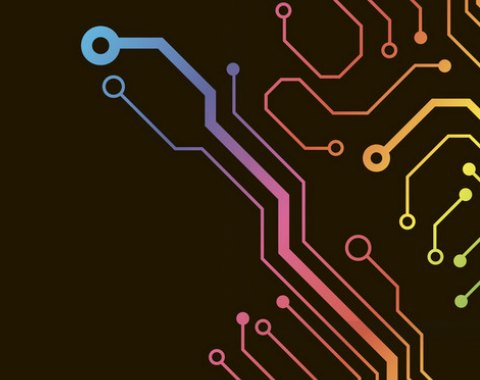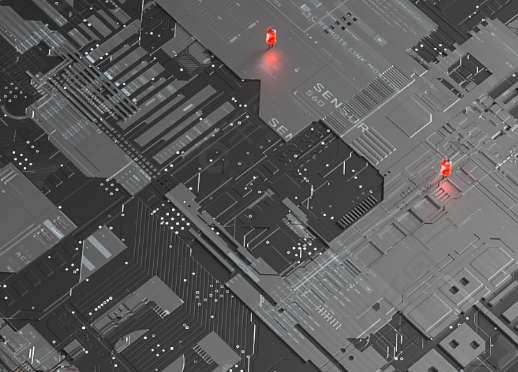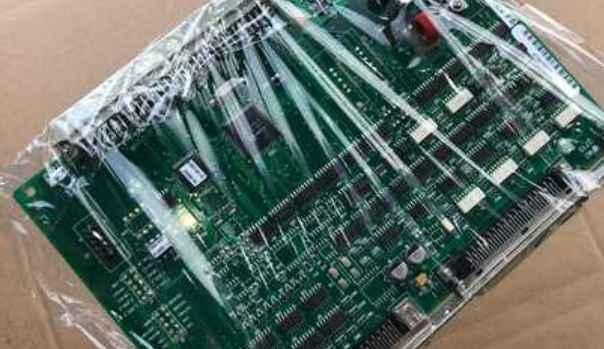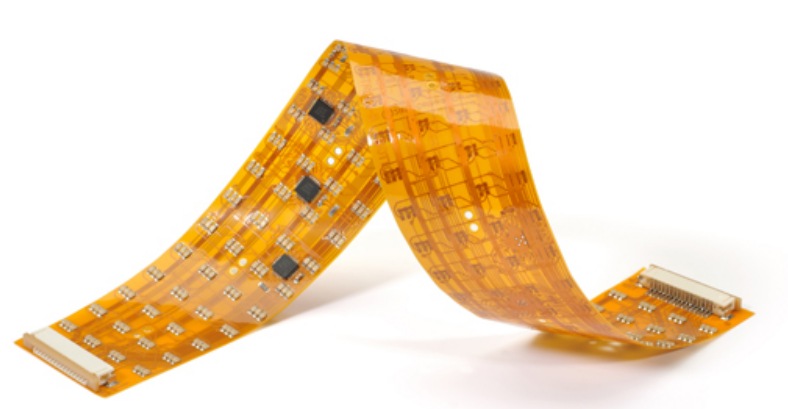
1. Flexible printed Circuit board (FPC)
Flexible printed circuit board, commonly known as soft board in the industry. It is composed of flexible substrate (PI/PET), copper foil (Cu) and binder (AD). It is widely used in consumer electronic terminal products, such as smart phones, tablets, personal medical devices and so on.
2. Materials
Copper Clad Laminate (Copper Clad Laminate, CCL)
By "copper foil + adhesive + substrate" three-layer combination, in addition, there is no rubber substrate, namely "copper foil + substrate" two-layer combination, its price is higher suitable for bending life requirements of more than 100,000 times of products.
(1) Copper foil.
In the material, it can be divided into Rolled Anneal Copper Foil and electrolytic Copper (Electrode- posited Copper Foil). In terms of properties, the mechanical properties of rolled copper are better. When there are requirements of flexability, most of the rolled copper is selected. Thickness is divided into 1/3OZ, 1/2OZ, 1OZ, 2OZ four.
(2) Substrate.
There are two substrates: PI (Polyamide) and PET (Polyester). PI has a high price, but its fire resistance is better, PET has a low price, but it is not heat resistant, so if there is a welding demand, most of them choose PI material. There are generally three kinds of thickness: 1/2mil, 1mil and 2mil.
(3) Adhesive
Acrylic (acrylic) and Epoxy (Epoxy) are two types of adhesives, and epoxy is the most commonly used. The thickness of 0.4~2mil can be, generally use 0.72mil thick glue.

Coverlay
The covering film is composed of "substrate + adhesive", and its substrate is divided into PI and PET two kinds. The thickness varied from 0.5 to 1.4mil.
Stiffener
(1) Function: In order to weld parts, the local area on the soft plate increases the reinforcing material for installation and compensates the thickness of the soft plate.
(2) Material :PI/PET/FR4/SUS
(3) Combination mode.
PSA (Pressure Sensitive Adhesive) : Pressure sensitive adhesive (e.g. 3M series);
Thermal Set: Thermal set (bond strength, solvent resistance, heat resistance, submersible resistance).
3. Production process
The production process of FPC is basically the same as that of hard board, and the biggest difference from the traditional hard board production is the covering film (CVL) processing technology - "window opening, paste and pressing".
4, and rigid plate production of the biggest difference
(1) Different materials.
(2) The line production adopts the reduction method, which is the same as the inner line production of hard board.
(3) The biggest difference between the production process of flexible board and rigid board is the "pasting - pressing" process of covering film and reinforcing plate shielding layer. The flexible plate uses a covering film instead of a solder resistance (it is not resistant to bending), which requires "windowing, pasting and pressing" to complete. The patch area of the flexible plate needs to be reinforced, and the process of the reinforced plate is also "pasting - pressing". Therefore, some people refer to the production process of flexible plate as "paste pressing", very appropriate to reveal the characteristics of the process of flexible plate. At present, most of these processes are still done by hand, which also determines the "low precision" characteristics of the design, such as welding resistance window clearance. 0.1mm (4mil)


